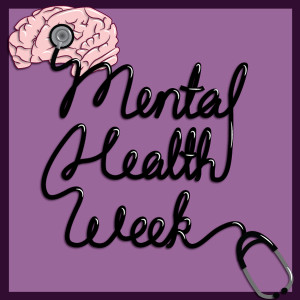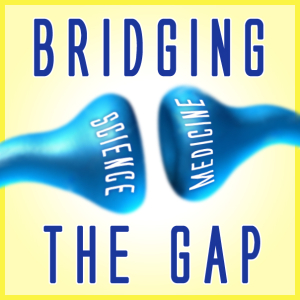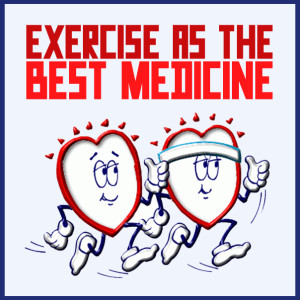Treatment of Balance Disorder: Lessons from the Samurai Warrior
Before starting medical school, I had the opportunity to travel to Japan and visit an array of Buddhist cities peppered with ancient temples and samurai villages. As I explored these breath-taking communities, I discovered the samurai’s commitment to the pursuit of perfection in lifestyle and skill. Now, as I face the challenges of being a medical student, I find myself turning to the canon of the samurai.







